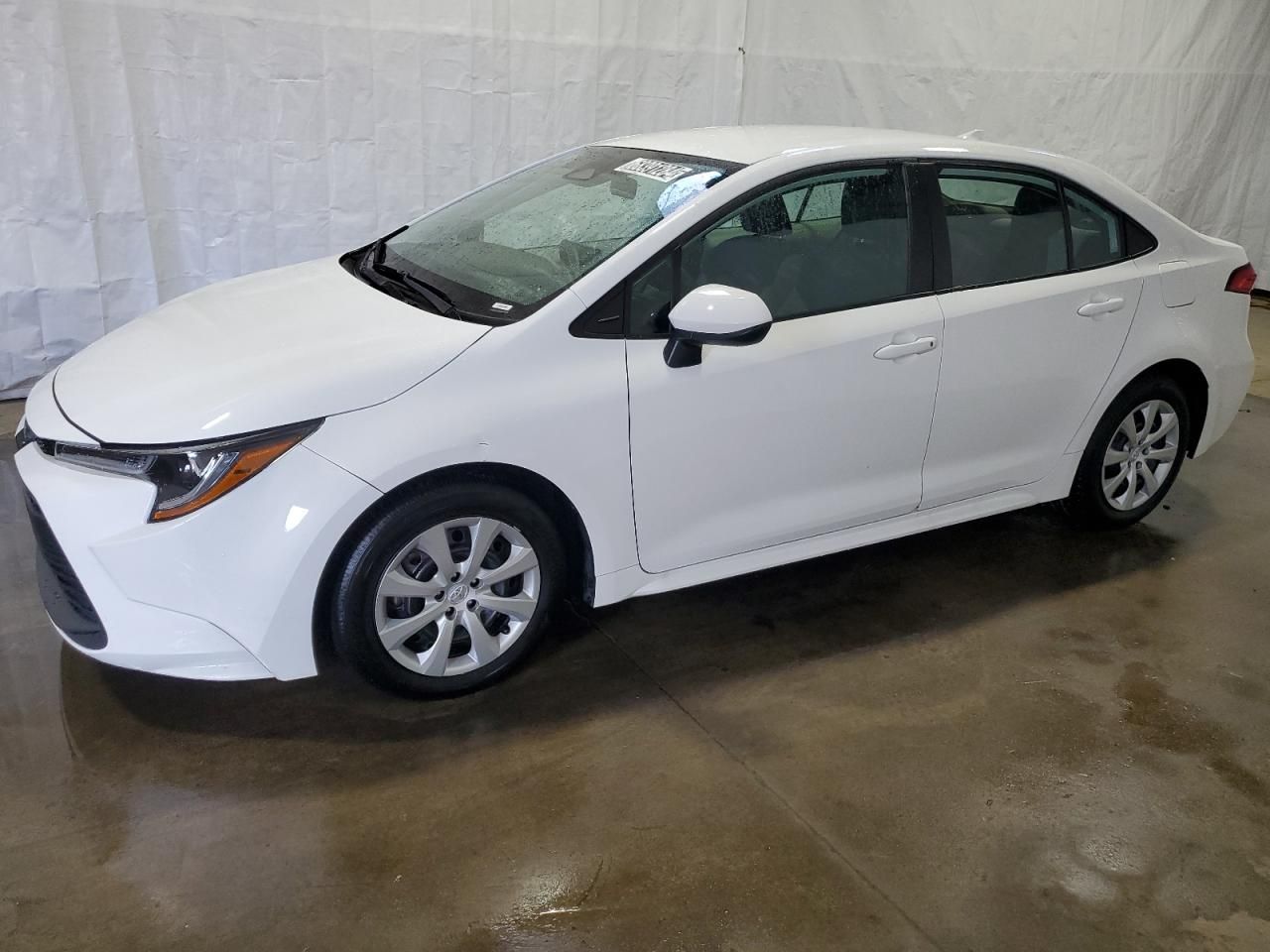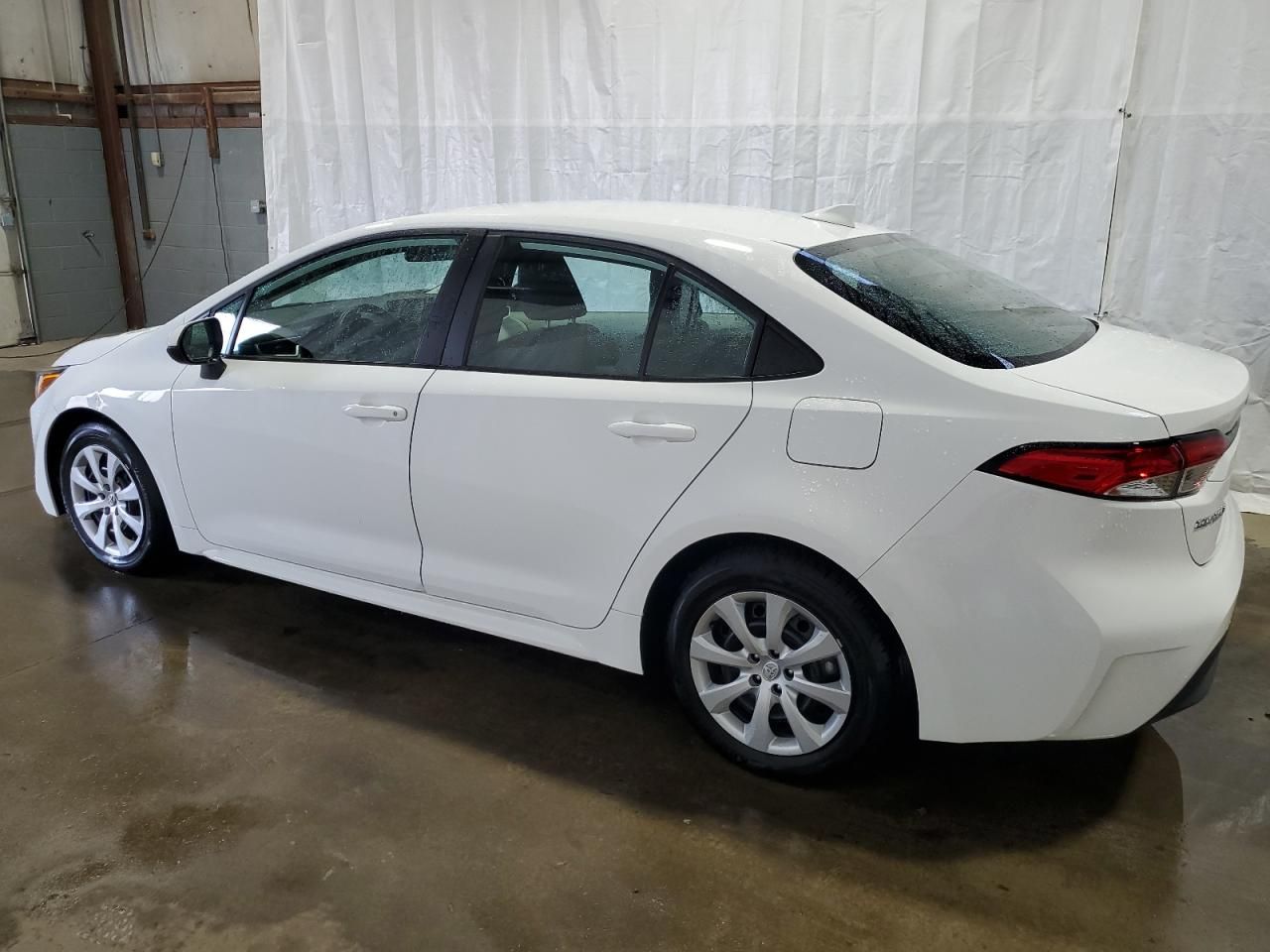Among consumers looking for value and utility without sacrificing quality, repairable automobiles have grown very popular. These cars provide a perfect answer for those on a tight budget to have a car without breaking the bank. Repairable automobiles provide a chance to get a decent car at a fraction of the price unlike brand-new autos that lose value quickly. This post investigates why folks trying to save money yet still have dependable transportation might want repairable cars.
The Appeal of Repairable Cars
Vehicles classified as repairable are those with some degree of damage but still fit for restoration. Many times, these vehicles have salvage titles from natural catastrophes, accidents, or other events. The allure to customers on a tighter budget is the much reduced initial cost. Buying a repairable car lets consumers make investments in the restoration of the car instead of paying a premium for a brand-new or pre-owned one.
Repairable vehicles also appeal to people who prefer do-it-yourself (DIY) projects or those with a natural talent for mechanical. They give a chance to fit the automobile to certain demands and tastes by customizing it during repairs. This feature brings value and a personal touch absent from most auto purchases.
Cost-Effective Ownership

Repairable automobiles draw budget-conscious consumers mostly because of their possibility to save a lot of money. Usually costing a fraction of what you would pay for a new or used automobile in perfect condition, buying a repairable car is Since a repairable automobile’s worth usually is less than that of a similar new or used car, buyers can also save money on insurance costs.
Repairable automobiles also let consumers more deliberately arrange their expenditures. As money allows, customers can progressively invest in repairs and upgrades rather than pledging to pay large upfront lump sums or monthly payments for a new automobile. Many consumers’ financial situation fits this gradual approach to car purchasing rather nicely.
Environmental Benefits
Choosing repairable vehicles advances environmental sustainability. Repairing and reusing automobiles that might otherwise be thrown away helps to lower manufacturing new car demand and waste. The automobile sector is resource-intensive; every car makes calls for large volumes of energy and raw materials.
Selecting a repairable vehicle helps consumers help to lower the environmental impact of automobile manufacture. Restoring and maintaining an existing car is another more environmentally friendly habit that helps with recycling and conservation campaigns. This advantage might be as enticing to environmentally minded people as the financial benefits.
Availability of Options

The repairable automobile market is varied and provides a great spectrum of models and manufacturers. From small sedans to SUVs and trucks, buyers may uncover vehicles that fit their particular requirements. This availability guarantees that consumers on a tight budget are not restricted in their options and can still locate a car fit for their requirements and way of life.
Many repairable automobiles also have modest damage, hence restoration of them is really simple. For example, cars with cosmetic damage—such as dents or scratches—may need little repair to get them back in roadworthy shape. This range lets consumers select an automobile according to their degree of knowledge, financial situation, and readiness to spend on maintenance.
Learning Opportunities
Buying a repairable automobile might be a teaching moment. These cars provide a useful and hands-on chance for anybody eager to learn about automobile repair techniques or mechanics. Working on a repairable automobile lets consumers learn a lifetime skill in car maintenance and fix, therefore saving money over time.
This learning curve also enables consumers to become more self-dependent, therefore lowering their need for mechanics for little maintenance or repairs. With time, this knowledge can boost confidence in managing automotive problems and perhaps inspire new interests or job prospects.
Challenges and Considerations
Although repairable vehicles have many advantages, consumers should give this choice much thought. Determining the degree of the damage and the restoration expenses presents one of the toughest tasks. Whether the whole investment—including purchase price and repair expenses—fits the car’s market worth following restoration is crucial.
Repairable vehicles also could call for time and effort to restore, which would not be possible for everyone. Potential legal and insurance obstacles should also be known to buyers as salvage titles can influence insurance coverage and registration procedure. By use of extensive study and professional advice, purchasers may efficiently negotiate these obstacles.
Tips for Budget-Conscious Buyers

For those thinking about repairable vehicles, preparedness is really vital. First, figure your budget and look at the several kinds of automobiles that fall inside that range. Examine the automobile closely or pay a skilled technician to project repair expenses. Knowing the degree of the required repairs will enable you to decide with knowledge.
Another very important advice is to find out whether replacement components are available. Certain repairable vehicles—especially rare or older models—may need difficult-to-find parts, which may raise fix time or expenses. Choosing automobiles with easily accessible parts might help to streamline repair efforts and maintain reasonable costs.
Conclusion: A Smart Choice for Savvy Buyers
For consumers on a tight budget looking for high-quality automobiles at reasonable prices, repairable cars provide a sensible and inexpensive alternative. These automobiles help environmental sustainability by allowing one to refurbish and personalize vehicles based on tastes, therefore offering flexibility. For those who are ready to commit time and effort, the advantages usually exceed the disadvantages even if there are certain issues to consider.
Repairable automobiles are the best option for those who appreciate hands-on projects, value economy, or give sustainability first priority. Buyers may release the possibilities of these cars and enjoy dependable transportation without compromising their finances by approaching the purchase with thorough preparation and study.
Relevant Questions and Answers
- What are repairable cars, and how do they differ from regular used cars?
Vehicles classified as repairable are those with damage that can be rebuilt to roadworthy condition. Salvage cars need repairs to handle cosmetic, mechanical, or structural problems unlike ordinary used vehicles, which are usually ready to drive upon purchase. Budget-conscious consumers find these vehicles appealing since they are sold at a reduced price and typically include salvage titles. - Are repairable cars safe to drive after restoration?
Indeed, once restored correctly, repairable automobiles can be safe to drive. Ensuring that repairs are done by trained experts or competent people following safety criteria is really vital. Buyers should also have the automobile checked following repairs to be sure it satisfies all safety criteria and is roadworthy. - How can I determine if a repairable car is worth the investment?
Analyze the degree of damage, repair expenses, and automobile worth upon restoration to ascertain whether a repairable car is a wise investment. Speaking with a reliable technician or automobile specialist can help one understand the viability and economy of the repairs. Research the market worth of cars as well to guide your choice. - What should I consider before purchasing a repairable car?
Think about things including the type of damage, expected repair expenses, availability of replacement components, and automobile’s salvage title status before buying a repairable car. One should also assess your own tools and abilities for repairs. By means of a comprehensive examination and competent advice seeking, you may assist to prevent such hazards.

